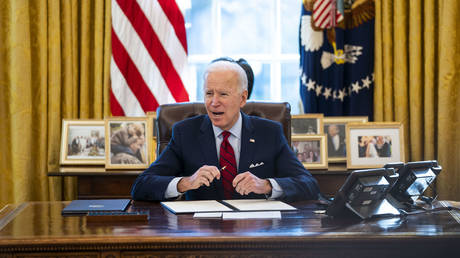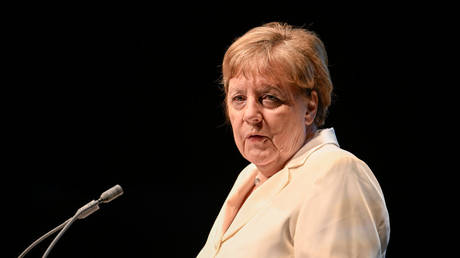ARTICLE AD BOX
Tunisian Heikal Ben Mahfouz, who was recently elected as a judge at the International Criminal Court, took the legal oath during a high-level procession held yesterday, Friday, at the court’s headquarters in The Hague, Netherlands.
During his swearing-in, Judge Heikal bin Mahfouz pledged, saying: “I solemnly declare that I will carry out my duties and exercise my powers as a judge at the International Criminal Court with all honor and sincerity, with all impartiality and with all conscience, and that I will respect the confidential nature of the investigations, the consequences, and the confidentiality of the deliberations.”
Bin Mahfouz was elected to this position for a period of nine years, at the 22nd session of the Assembly of States Parties to the Rome Statute, which was held in New York last December.
According to what was announced by the President of the International Criminal Court, Piotr Hofmanski, “Ben Mahfouz joined the International Criminal Court after a long and distinguished academic career that began in 1996,” adding that he “obtained a doctorate in international humanitarian law from the University of Carthage in 2005, and his research included several issues such as Environmental protection during armed conflicts, victims’ rights, security sector reform, human rights, and democratic transitions.”
Ben Mahfouz was regularly invited to give lessons at a number of universities outside Tunisia, and in addition to his academic career, he held several leadership positions as well as holding several positions as an expert or consultant in many international organizations.
After congratulating the elected judges, the President of the International Criminal Court considered that “the diversity of the judges’ careers, their distinguished competence, and the importance of their professional experience will be a great motivation for this independent judicial institution.”
For her part, President of the Assembly of States Parties to the Rome Statute, Paivi Cocuranta, said, “The election of the six new judges took place within a framework of strict adherence to the principles stipulated in the Rome Statute,” noting that “the elections ensured a sober balance that allows the representation of different legal systems around the world.” And with fair comprehensiveness at the geographical and gender levels.”
In a speech she delivered before the judges, Kokoranta considered that becoming a judge at the court is “an unparalleled honor and a” heavy responsibility,” adding during the ceremony, which was broadcast live on the website of the International Criminal Court, “Your nomination responds to the aspirations of the victims, the accused, the affected groups in particular, and the international community.” Generally".
The President called on the judges to “bear the solemn duty of administering justice fairly and conscientiously,” stressing that “the court’s credibility and integrity depend on the judges’ ability to represent it fairly and impartially.”
Five other judges were sworn in during the same procession: Judge Kibong Baek (Republic of Korea), Erdenpalsoran Damdan (Mongolia), Nicolas Gayo (France), Betty Hoehler (Slovenia), and Ilija Mutuc (Romania). These judges were sworn in according to a protocol system.
The elected judges will not finally become judges of the court until they are sworn in during a plenary session of the court. The judges will assume their duties next Monday, March 11, and will be among the eighteen judges of the court.
The judges' first task is to elect a new president of the court and two deputies for the next three years, according to what the president of the court said.
The procession took place in the presence of the Prosecutor of the International Criminal Court, Karim Ahmed Khan, the Clerk of the International Criminal Court, Osvaldo Zavalo Guiller, and the President of the International Criminal Court Bar Association, Marie-Hélène Brule, in addition to family members of the new judges.
The President of the Assembly of States Parties to the Rome Statute, Paivi Cucuranta, also attended the procession and presided over the official swearing-in ceremony.
The Assembly of States Parties is the main administrative and legislative body of the International Criminal Court and consists of representatives of the “124 current” states that have ratified the Rome Statute, which was adopted in 1998.
.png)
 8 months ago
5
8 months ago
5









 English (US)
English (US)